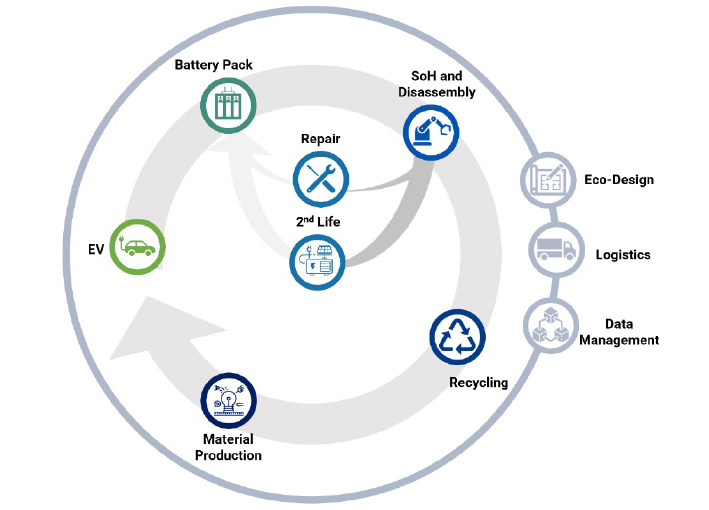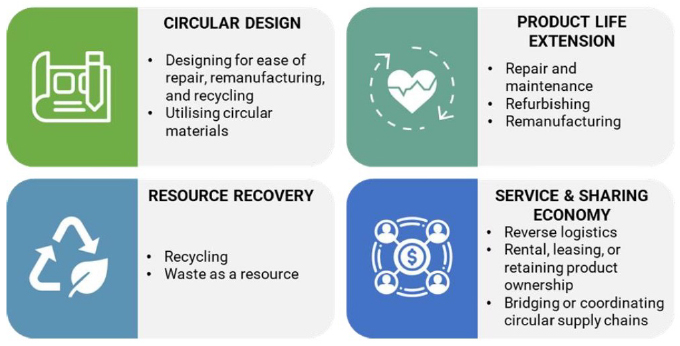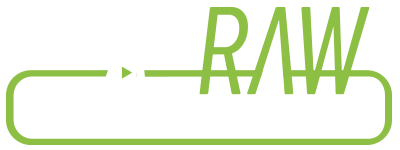ISLE, aligning tech and business for a circular battery future
Developing business models in parallel to research initiatives ensures innovations are both practical and economically viable, bridging the gap to market adoption. This approach is critical for BATRAW to attract investment, support scalability, and drive long-term impact in real-world applications. To support this effort, our British partner in charge of the exploitation strategy, ISLE, has been working on the Techno-economic assessment of BATRAW’s innovative solutions.

Figure 1. BATRAW’s circular economy.
A Levelized Cost of Battery Recycling (LCBR) formula has been developed, with its roots in the Levelized Cost of Storage and Energy formulas. This allows for the standardisation of cost results across recycling strategies and plants, accommodating the various methods available in the market (hydrometallurgy, pyrometallurgy, direct recycling and combinations amongst them). It also considers indirect recycling costs, which can vary based on disassembly and processing requirements, enabling a consistent approach for cost comparison. This clearer comparison method can attract investments in promising technologies and help future-proof the European Union (EU) with effective comparison tools. The results of the formula are aimed to be expressed as euros (€) per kg or tonne of battery material recycled or per number of batteries recycled over the whole lifetime of the recycling plant.

Figure 2. Summary of circular business models.
ISLE has also been working on the design and development of the Circular Economy Business Models, following the work already done in the preliminary D7.6 submitted in month 24. ISLE is working on further circular business models with special attention toward addressing the linear aspects identified within BATRAW, such as its total CO2 emissions. To address these issues, emphasis is being placed on implementing solutions to enhance circularity within the system by examining other EU-funded research initiatives in battery recycling. This approach allows BATRAW to propose improvements within the broader framework of the EU, even when direct solutions cannot be fully implemented within BATRAW itself.
The work performed by ISLE is co-funded by the UK Research and Innovation, a grant that complements the funding provided to the rest of the consortium by the EU through the Horizon Europe programme. Thanks to this collaboration, these investments provide the resources required to make BATRAW’s efforts and achievements possible, delivering holistic and effective solutions to the battery recycling industry.
Stay tuned for weekly updates on our progress.




